Julia Sabra and Pascal Semerdjian of Postcards like to spend some of the summer’s humid afternoons at Fizz, a popular restobar in Beirut’s Mar Mikhael neighborhood where Semerdjian is a co-owner. Sabra greeted me warmly and we slid into a small booth as waiters swept between the tables, taking orders. She wore a black boat neck top and had cut her hair just above her shoulders; Semerdjian had on a bright yellow linen button down. The couple seemed eager to talk; they’ve had a busy few years.
Semerdjian was leaving the next day to go on tour with SANAM, the Beirut-based experimental noise rock band he plays percussion for. Last fall, Sabra released her first solo album, Natural History Museum, as well as a record with Snakeskin, the electro dream pop duo she formed with her long-time friend and collaborator, the producer and sound engineer Fadi Tabbal. But perhaps the biggest news is Postcards’ new album Ripe, released in late March by the local label Ruptured and produced by Tabbal.
On Ripe, the Beirut-based trio — Sabra (vocals/guitar), Semerdjian (drums), and Marwan Tohme (guitar/bass) — is interested in a new kind of sound. Whereas Postcards’ earlier records fall more squarely in the camp of dream-pop and shoegaze, this one is noisier with elements of post-punk. It’s more experimental, but also more sure of itself somehow.
“Hold on to bolts of hot rage,” Sabra sings over distorted guitar chords on the opening track, “I stand corrected.” The drums are rough beneath her airy voice.
The second track, “Dust Bunnies”, is the album’s stand out single — the most dramatic lyrically and the most streamed by listeners — a crescendo of synths and harsh melodies that build until Sabra is belting above the music the pent-up anger she’s felt during the past several years of life in Lebanon. “The cactus growing in my throat / There’s nowhere left to go,” she sings.
“We re-recorded this album three times,” Sabra said. “The second mix sounded great, but we didn’t feel we were really saying something from our hearts.”

Each of them had been struggling to achieve a distinct vision of what the band should sound like, she explained, and the result left them dissatisfied. They decided to do a full rewrite at Semerdjian’s parents’ home in the mountains where the walls echoed differently and they were able to tap into the raw energy that they often feel onstage performing for their community in Beirut.
“These kinds of poetic lyrics over harsh noise, Lebanon and Beirut are like that,” Tabbal mused over a phone call. “Going from disturbing sounds to very dissociative moments to your inner calm… It’s very poetic in its sadness and its beauty.”
Postcards is the longest-running alternative band currently playing in Lebanon. The trio got together back in 2012 when they were still college students and continued making music through the political and economic turbulence that marked their twenties in Beirut. As many of their peers in the alternative scene left the country to secure foreign passports and pursue other careers, they worked side jobs so that they could continue prioritizing music. Sabra and Semerdjian got married; all three bandmates pursued independent projects. But Postcards never stopped releasing new music.
“It’s the archive of our lives,” Sabra said of the band’s four records. “I’ll Be Here in the Morning was right out of university; you can feel the disillusionment. On The Good Soldier, we’re moving out of our parents’ homes, feeling the outside world closing in on us. After the Fire Before the End was post-explosion, post-revolution, post-COVID.” What about their newest record? “It’s post post,” Sabra laughed. “After all of this, where do you go?”
Sabra’s lyrics are one of the great pulls of Postcards, articulating with sharp clarity the experience of living through successive political upheavals in Lebanon and offering local audiences something they can relate to. Across the band’s records, Sabra appears less interested in resolving feelings of despair, stubborn hope, and acceptance as she is in leaning in and exploring them. As we talked, I noticed that she was expressive when discussing Postcards’ journey but less comfortable describing her own lyricism and contributions to the band. Semerdjian and Tabbal did it for her.

“We struggled a lot as a community because what we were feeling was very specific to us. Having a voice to say these things is very impactful,” Semerdjian said. “It’s our revolution, our war, our port explosion, our very specific experience of being an adult in Beirut at this age, you know?”
For a long time, Tabbal said, making it as a woman in the Lebanese music industry meant relying on sex appeal or vocal acrobatics.
“Postcards created a shift. Julia sings and plays different instruments onstage. [As of late], I’ve never seen so many female band members.”
Ripe comes out at a time when alternative music is on the rise in Lebanon. But whereas the last alt music wave in the 2010s was more commercialized with companies like Red Bull hosting festivals and funding local artists, Sabra pointed out, the new bands cropping up today are largely DIY. They’re interested in shoegaze, in punk music, in noise — not the stuff that sells out big venues across the region, but the kind that gets people out in the local scene in Beirut.
“There is a rebirth for sure. It’s a new generation,” Semerdjian said. When they were younger, “everyone looked up to Western musicians and was maybe even embarrassed to be Lebanese in some subconscious way.” But over the past several years, he said, young people realized that many of the bands they once admired are vocal supporters of Zionism. Nowadays, “you want to find your local alternative.”
Sabra and Semerdjian describe the Beirut scene as an incubator for creativity and support, a loose collective of friends and collaborators that push each other to keep making music. There may not be as many resources in Beirut as there are in major Western cities, but what they have instead is perhaps more valuable — a culture of mutual aid and showing up. People lend each other instruments and gear; concerts and album launches do not go unnoticed.
“Since 2023, we started seeing these 18 year olds starting bands, and now there are a lot. That’s really, really cool,” Sabra said. What other bands should people look out for? “Bliss, Glide, Ta2reeban…Basically everyone who plays at Dajje, and so many more,” she said, referring to the punk show that a group of local artists put on every few months at Zico House in Hamra.
Postcards will be going on tour in September and October, and said fans should look out for the live video of their release concert, which will be coming out soon. Though things are hectic, they plan to organize shows in Beirut and Tripoli before the end of the year.
“We wouldn’t trade everything we have on a community level for safety or for financial security,” Semerdjian said. “We would never want to make music anywhere else.”

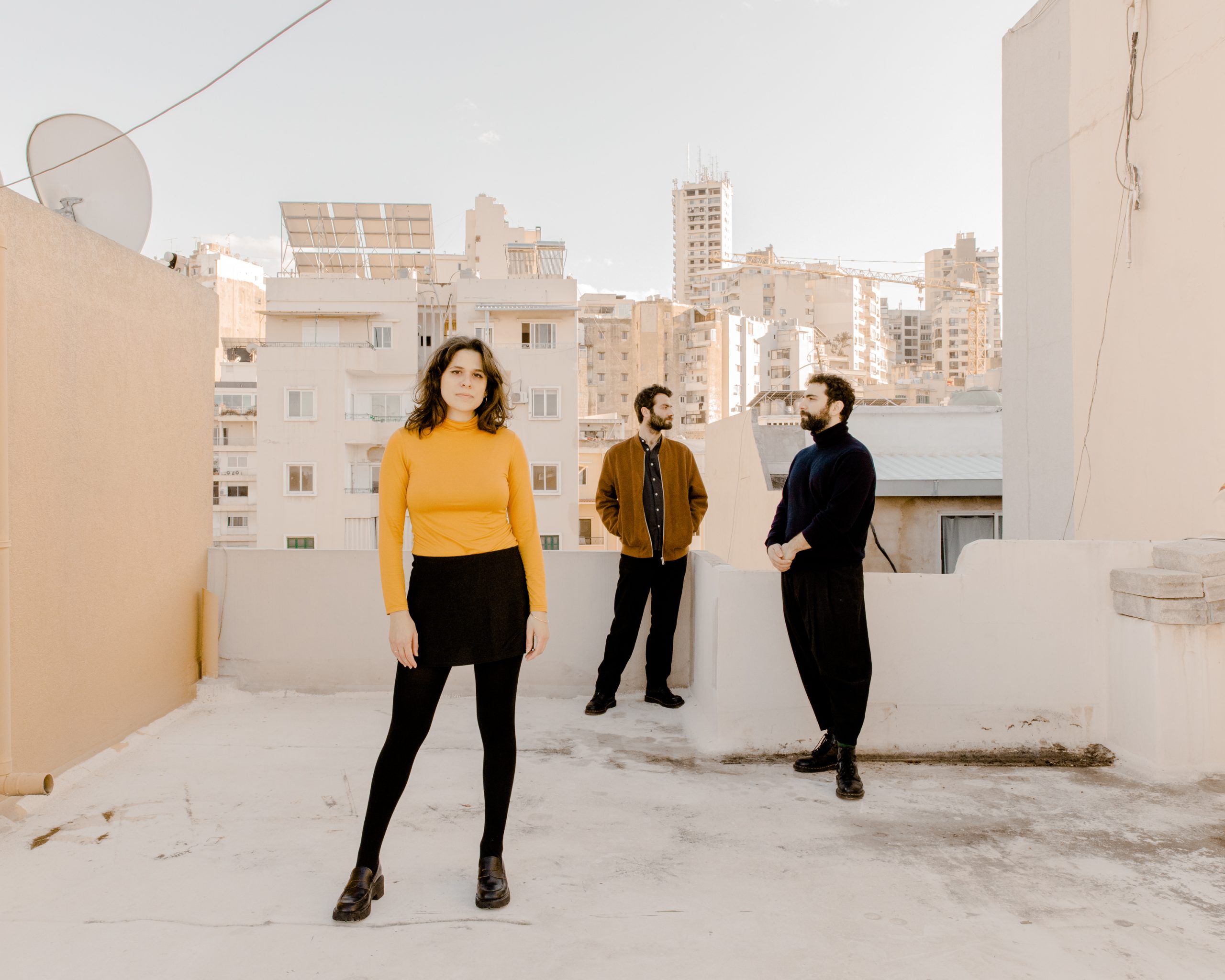



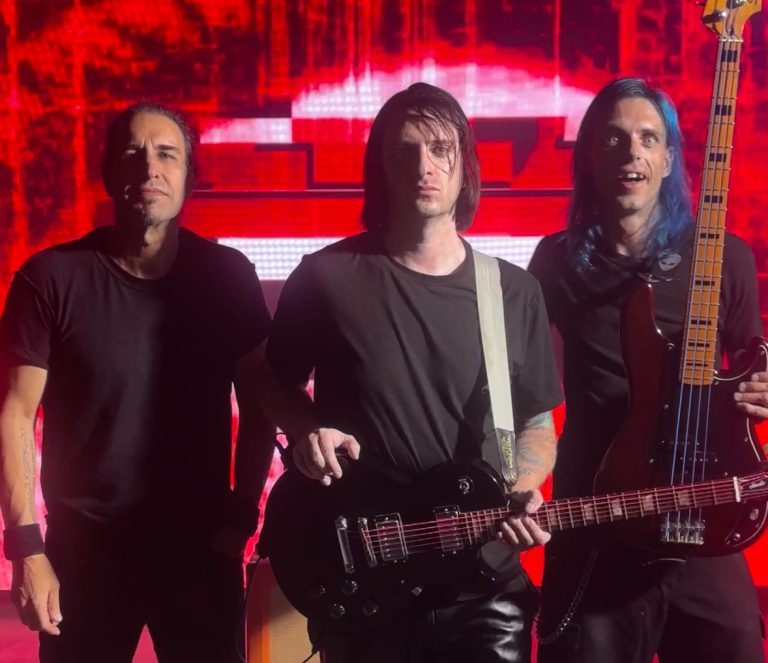
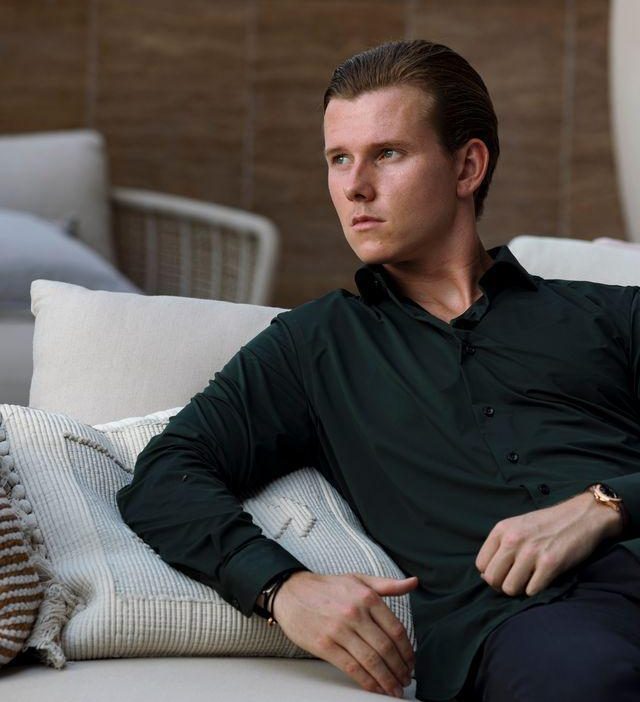

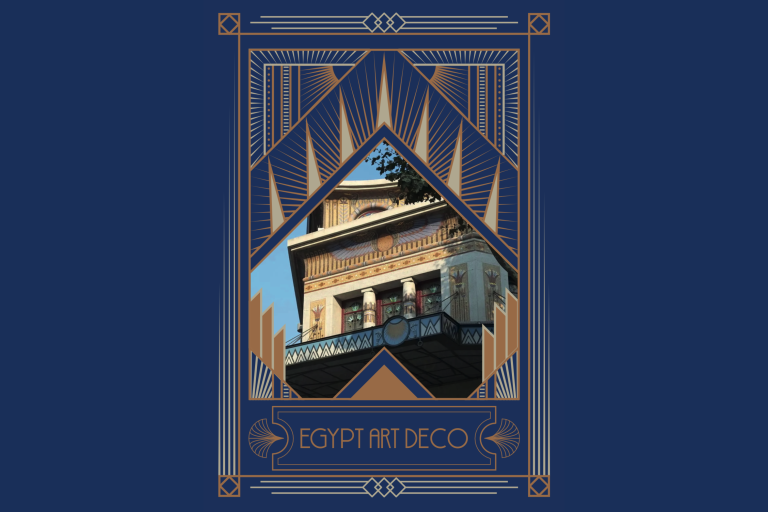
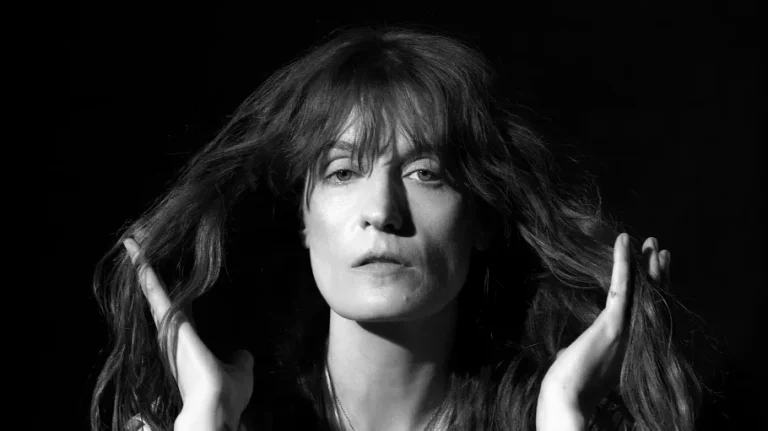
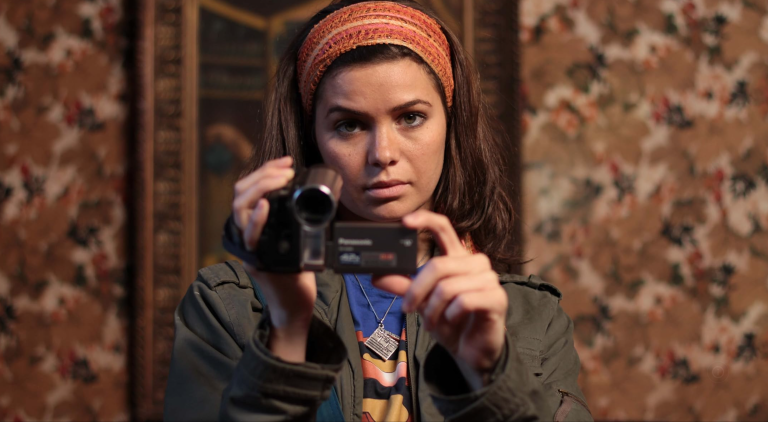
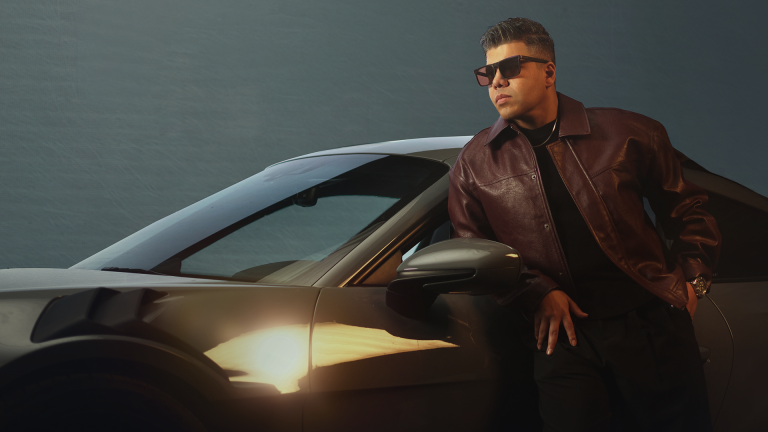
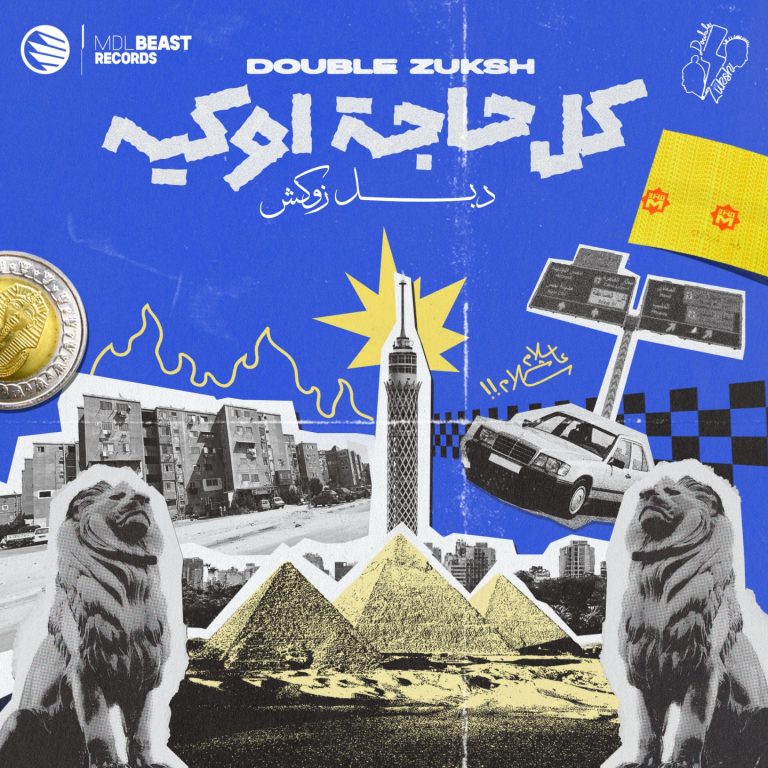

Trump’s Gaza Plan Mustn’t Follow His Record on Women’s Rights
Trump’s 20-points Gaza peace plan shouldn’t repeat his domestic failures on women’s health, education, and rights.